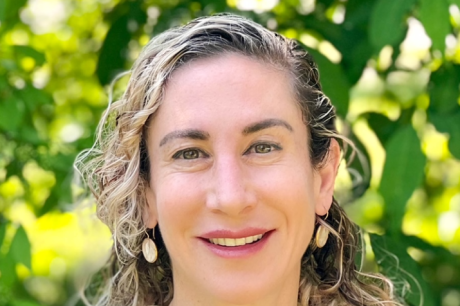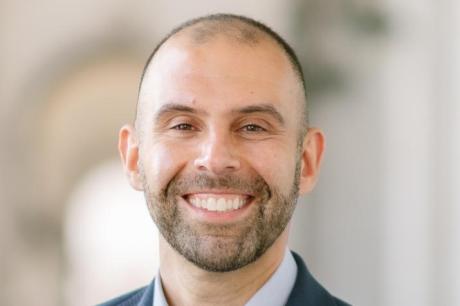Part 2 of a series on global health at Duke:
By Anthony So
In the late 1990s, one of my early missions for The Rockefeller Foundation took me to Khayelitsha, a poor township in South Africa. Its corrugated iron shacks stood in sharp contrast to the waterfront of neighboring Cape Town.
Here, one out of four who present to the prenatal clinics is infected with HIV. Born out of the unfolding tragedy of AIDS there, the Treatment Action Campaign emerged and, along with it, uncommon heroes like Zackie Achmat who refused for years his own treatment for AIDS till others in South Africa had greater access.
By that time, we knew that a three-drug cocktail could extend the lives of people with AIDS. These drugs-some developed with our taxpayer dollars from the U.S. National Institutes of Health-were priced well beyond the means of most living in or out of the townships, at more than $10,000 a year. In South Africa, families bury 600 people because of AIDS each day, every day.
Still, some prominent public health officials quietly questioned the wisdom of treating AIDS in the developing world. The costs of patented drugs, the barriers to scaling up delivery of these services, the prospect of drug resistance-it seemed insurmountable. Was it imaginable to think that we could turn our backs on the 4.5-million AIDS-infected inhabitants of South Africa and the millions more throughout the developing world?
It wouldn’t be the first time, but AIDS was special. Unlike malaria or other tropical diseases, AIDS afflicted those in industrialized countries as well, and the people living with HIV/AIDS in the north were organized, effective and soon united in cause with those in developing countries.
Growing from TAC’s beginnings in Khayelitsha, Doctors Without Borders-the Nobel Prize-winning humanitarian relief group-built a pathbreaking treatment program there using generic drugs for AIDS. Today the price of triple therapy has fallen as low as $132 per patient per year. What is the difference between $10,000 and $132? I call this difference the “price of hope.”
Narrowing this price gap has presented its own challenges. Can affordable prices be maintained by the market rather than the relentless pressure of civil society? How do we fund the innovation of new drugs without relying on monopolies sustained by patents? Why has a system of pharmaceutical innovation reliant on patents yielded unprecedented profits for the drug industry, but a decline in FDA approvals of truly novel drugs over the past decade? And how can drugs yet to be developed be both relevant and affordable for those most in need?
Programs across this university are dedicated to finding solutions to these gaps in innovation and access to health technologies. From research to policy convenings, programs like ours work to conceptualize, develop and evaluate such solution paths. In a globalizing world, critically needed drugs, not just the expectations of life-saving treatment, must cross borders.
Through programs ranging from the Duke Global Health Fellows Program in Geneva to Engineering World Health, students may spend summers and semesters abroad, but the real question is: How do we take responsibility here for enabling those at the other end of globalization to receive a fair shake for the future?
Though this is a global fight over issues of access to medicines, human rights, fairness and equity, there are actions that students can take to make a difference.
At Yale, researchers and students called upon their university to renegotiate the license of a key AIDS drug to ensure greater affordability in developing countries. At Cornell, students helped to place a cholesterol-lowering drug on the World Health Organization’s list of essential medicines. Joining campus groups such as Global Justice’s Student Global AIDS Campaign or Universities Allied for Essential Medicines, organizing events or advocacy workshops for the Global Health Forum, helping Durham-based Tackle Design build cost-effective, life-saving technologies for developing countries, using powerful tools such as journalism and photography to document these problems-there are many ways to become engaged and active here at Duke.
The opportunity to make a real difference half a world away does not require a plane ticket. It can begin right here at home.
Anthony So, M.D., M.P.A., directs the Program on Global Health and Technology Access and the Global Health Fellows Program at the Sanford Institute of Public Policy. He also serves on the advisory board of Universities Allied for Essential Medicines and as the faculty advisor to the Global Health Forum.
________________________________________
© Copyright 2008 in The Chronicle
The opportunity to make a real difference half a world away does not require a plane ticket. It can begin right here at home.



